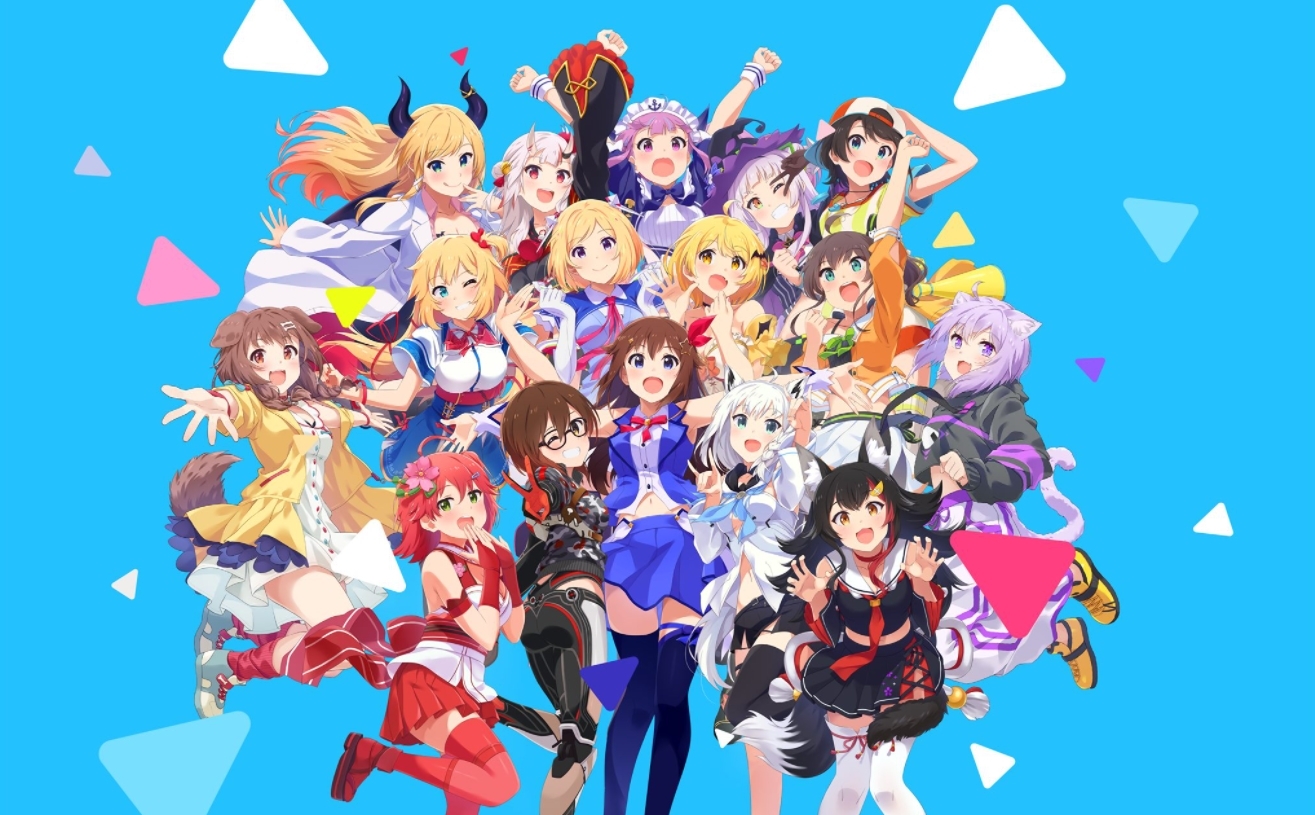 |
| © Tofugu |
With the rise on popularity of the various Japanese pop cultures, such as anime, manga and games, it's no surprise that a lot more people would want to start learning Japanese to understand more about their interest, or just plainly to show off to their friends that they could "watch anime without subtitles". Now, there are, of course, already a lot of articles and videos on this topic, however most of them only cover the basics. However, the method which I use is very much unconventional, but I still consider it the best way to learn Japanese, after having to also have tried the different methods recommended. Now, without further ado, let's start with the common ones.
【Common Recommendations of Learning Japanese】
1. Going to class
 |
| © Gogonihon |
Now, this is, of course, the best way of learning any language, not just Japanese alone. Learning from various media is fine on it's own, but if you really want to learn the different aspects of a language, and not just for basic communication alone, it's best you attend a language class. What we learn from media are mostly used in informal situations, so if you would like to take learning the language seriously, attending a formal Japanese lesson can definitely prove to be more beneficial. Websites like Duolingo and Nihongoena will definitely prove helpful if you can't afford to pay or attend a Japanese lesson.
For me, I have also attended formal Japanese lesson, but it's only during my time as a member of the Japanese society in my high school. I've learnt the basic writing system of the language and some basic Japanese grammar during the three years of lesson I had. By having a solid knowledge on the writing system and the grammatical structures of the language, it had definitely proven more easier for me when I go on to learning it during my free time.
2. Watching anime
| © TechLekh |
Although this isn't the most effective way to learn Japanese as you may have heard from other Japanese learners, it's still the most popular way for people to learn Japanese. Let's be honest here, most of us started to learn Japanese because we want to "watch anime without subtitles" right? That's why we actively consume more anime to get to learn more Japanese vocabulary.
However, this method is only suitable for two occasions, a) you only want to look smart by showing your friends you know a bit of Japanese or b) you already have a basic knowledge on the structure of the language. The former is only for people who are not that serious on learning the language, the latter is for people who wants to gain more knowledge after learning the basics.
Now don't get me wrong, there's nothing wrong with learning Japanese through watching anime, a lot of current Japanese learners also use this method, however, as anime contain a lot of informal Japanese, it's only recommended if you already have sufficient knowledge on how to differentiate between formal and informal Japanese.
3. Watching J-Dramas
 |
| © The Serial Binger |
Compared to watching anime, I would say this is more of the effective one. There are two reasons, a) J-Dramas are mostly tied to reality, and b) J-Dramas mostly use word that most Japanese uses in their daily lives. However, similar to anime, not all J-Dramas are suitable for language learning. For this, you would need to find J-Dramas that are more grounded to reality and more serious, such as those which reflect real-life Japanese society, and not those more focused on comedy or horror.
However, I would say compared to using anime, learning through J-Drama could be more difficult, as most actors in J-Drama usually speaks faster and more smoother compared to anime VAs. Therefore, it could be hard to catch what the actors are saying. For this, you would also need to have a basic understanding of the language first, to only focus on the word that you're not familiar with and catch the translation for it.
【The Unconventional Way】
1. Learning Japanese songs
 |
| © Greater Good in Education |
Now, finally, coming to the more unconventional way. The method which I am still using to learn Japanese up until this day is.....through listening to and learning Japanese songs! I find this method more beneficial for my Japanese learning journey. Now, there are several reasons for this, a) I can learn the spoken and written form of the word at the same time, b) I can learn the meaning of the word through the translation provided on lyrics websites, and c) It has proven more useful for learning Kanji.
As I am a fan of J-Pop and Karaoke to begin with, using this method have definitely proven to be more effective. Also, this doesn't consume that much time compared to other methods, as I can listen to Japanese songs anytime whenever I am doing my house chores or homework. Through repeated listening, it's natural that anyone would have the basic lyrics memorized, although it might not be the correct one, but that doesn't matter. After that, I would try to sing along to the song, first by looking at the Romaji lyrics on sites like Lyrical Nonsense, then moving on to the Kanji. After that, lastly I would search for the karaoke version of the song to sing along to it. Usually it's available on the Joysound Youtube Channel or the KaraokeUtachaOu Youtube Channel. Now, at this point, I have already understood how each of the word are pronounced. Now, moving on to the lyrics, I would fist try to guess the meaning from context, and then I would search for the translation of the lyrics to confirm my guesses.
Now at this point, I have already learnt the three forms of vocabulary using a single method (reading, listening, and speaking). Most importantly, it doesn't consume much time at all, as most Japanese song are usually around 3 - 5 minutes long. and you wouldn't need to constantly pay attention to it, unlike watching anime or going to a Japanese class. However, I don't see that much people recommending this method, although it had proven to be the most beneficial, at least for me.
2. Chatting with Japanese streamers
 |
| © Hololive |
Now, what's the point of learning a language if you don't even use it to begin with? It's fine and all if you are living in Japan, but for those outside Japan, there's basically no occasion for us to use the language, and if we don't use it constantly, we will eventually come to forget it. Therefore, for those who fall under this category, I recommend you to chat with Japanese streamers, not in English, but in Japanese.
Now you might think, how could I chat with them if I only know limited vocabulary? Now, Google Translate is here to help you. But, as everyone would also warn, don't rely too much on Google Translate, as the translation might often prove to be incorrect. I only recommend this to translate the Japanese you had in mind to English, so to confirm what you write actually means what you intended it to, to avoid any misunderstanding. Usually for this, it's more accurate. Or if you don't have any ideas on how to actually piece the things you would like to say in Japanese, you can always use the English - Japanese translation. but for this I would recommend DeepL Translation more as it's more accurate most of the time.
I would only recommend this method if you already have basic understanding of Japanese communication, and would like to actually use it practically, but doesn't have anybody to use it to. You can usually find Japanese streamers on apps like 'Showroom' or 'Twitcasting', as these are more like the Twitch to them. Those streaming on YouTube are mostly Vtubers. Now to avoid having them to miss out your message, find those with smaller viewer count, usually they will read all the message they receive and respond to it. By doing this, you are not only helping them to grow and get more engagement, but also improving your Japanese at the same time, it's basically killing two birds with one stone.
【Conclusion】
Now, learning Japanese through all the above methods are definitely beneficial, but I would still recommend you to actually attend a Japanese lesson first to understand the basic structure of the language. It would definitely ease you more when you are learning using the different methods above. Also, it's definitely a must if you want to move to Japan and live there, as what you learnt from different Japanese media is only useful for basic day to day communication.
Comments
Post a Comment